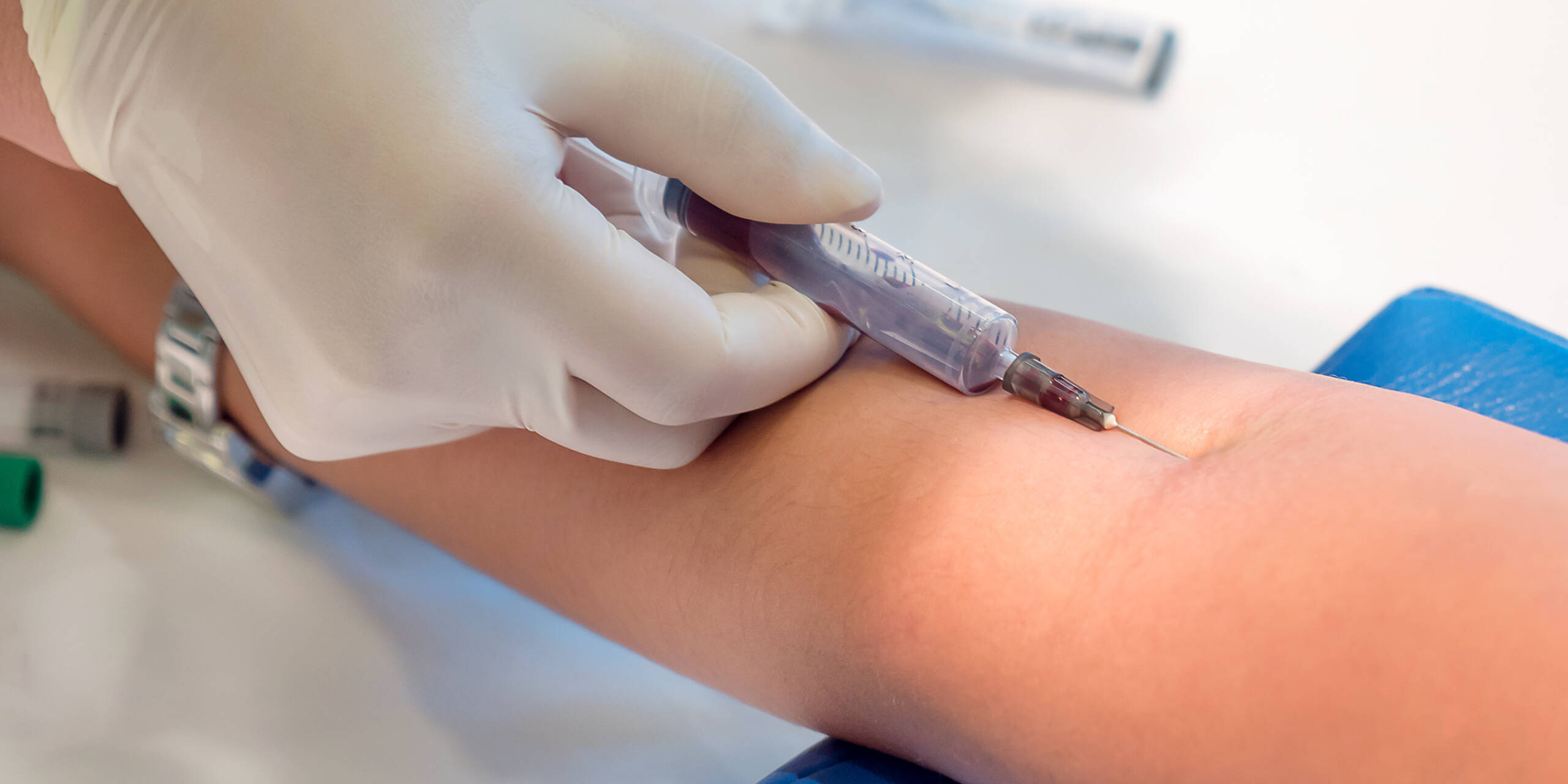Becoming a phlebotomist isn’t difficult but it does require completing an accredited training program. Fortunately, many of these programs can take less than a year to complete. Working as a phlebotomist may be difficult if you’re sensitive to the sight of blood and needles. Since the main role of a phlebotomist is to collect blood from patients, people who feel queasy when exposed to bodily fluids may have a hard time being successful in their role, even if they possess other relevant skills.
Do you find working in the healthcare field appealing but you’re not sure where to start? Consider pursuing a career in phlebotomy. This entry-level career doesn’t require extensive training but can be an excellent choice for those wanting to eventually expand their skillset within the healthcare field.
What Will I Do as a Phlebotomist?
As a phlebotomist, your main responsibility will be to draw blood from patients and properly label each sample with patient and lab test information. While specific duties may vary by workplace, your general responsibilities as a phlebotomist may include:
- Drawing blood and labeling blood samples
- Updating patient records
- Taking vital signs
- Stocking medical carts with necessary supplies
- Preparing reagents
Where Do Phlebotomists Work?
Phlebotomists work in a variety of healthcare settings where patients need to have their blood drawn, including hospitals, doctor’s offices, nursing homes, clinical laboratories and blood banks. If you’re not afraid of a challenge, working as an emergency room phlebotomist can teach you many invaluable skills, like remaining calm and collected in a chaotic and fast-paced environment.
If you prefer working in a more predictable environment during regular business hours, you may be happiest working in a clinical lab or doctor’s office.
What Skills Do I Need to Become a Phlebotomist?
Your work will require daily interactions with many people, some of whom may be apprehensive about having their blood drawn. As a phlebotomist, you’ll need to find ways to calm your patients by being compassionate and understanding about their fears.
Another chief skill every phlebotomist must posses is dexterity. Even patients who don’t mind having their blood drawn are likely expecting it to endure relatively quick discomfort. As a phlebotomist, you’ll need to exercise accuracy and precision when inserting a needle into your patient’s vein and be able to collect blood during the first attempt.
Along with compassion and dexterity, you need to possess excellent attention to detail. This skill will prevent you from mixing up or mislabeling collected blood samples.
How Do I Become a Certified Phlebotomist?
You don’t need to earn a college degree to become a phlebotomist. However, you will need to complete a training program and earn a phlebotomy diploma from an accredited educational institution, such as a college or vocational school. Unlike many other healthcare professions, becoming a phlebotomist doesn’t require years of schooling. In fact, you can complete the program of your choice in less than a year. Once you’ve successfully completed the program, you’ll need to pass a certification exam to be eligible for employment in your field. You can earn your certification through a number of recognized organizations, including the National Phlebotomy Association and the National Healthcare Association.
Will Earning a Medical Assistant Diploma Allow Me to Work as a Phlebotomist?
Yes. A medical assistant typically handles various administrative and clinical duties, which often include drawing blood for lab tests. If you’re interested in becoming a phlebotomist but are also looking to develop a more diverse skillset and enjoy variety in your daily activities, enrolling in a medical assistant program may be your best option.
Become a Phlebotomist by Enrolling in the St. Louis College of Health Careers in Missouri
Our accredited, two-semester long Medical Assistant (MA) diploma program prepares students to excel in a variety of healthcare settings. At SLCHC, we offer a comprehensive curriculum which combines theoretical knowledge with hands-on training to prepare you for a successful career.
To request more information about our healthcare programs, call 866-529-2070 or contact us online.
